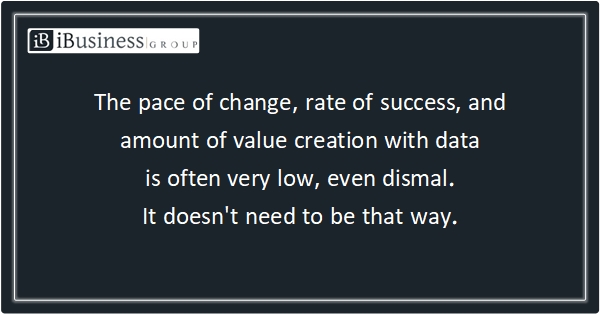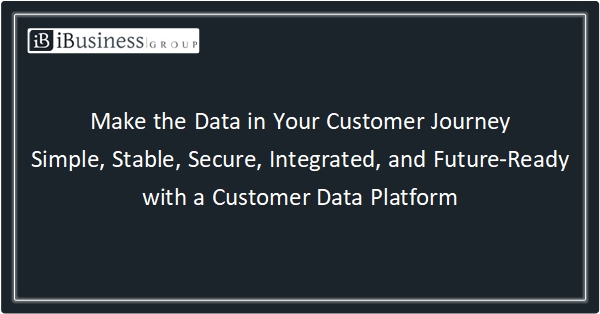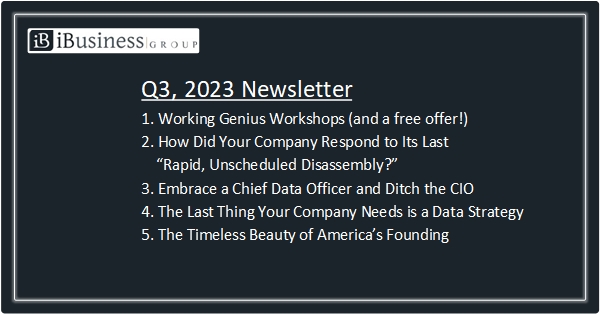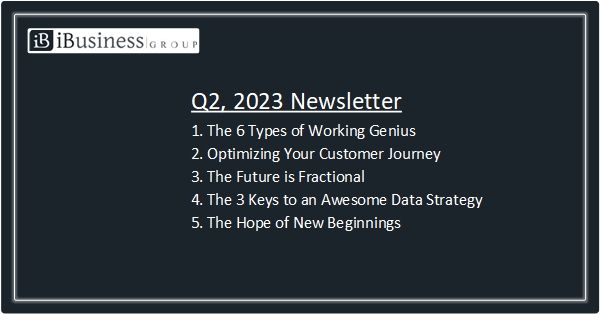On April 20, 2023, about a minute after liftoff, SpaceX tweeted that Starship had cleared the launchpad and was on its flight path. Three minutes later, the rocket exploded. SpaceX described the "failure" as:
- "Congrats SpaceX team on an exciting test launch of Starship. Learned a lot for the next test launch in a few months." (a tweet from Elon Musk)
- "You never know exactly what is going to happen, but as we promised, excitement is guaranteed."
- "The goal was to gather the data, clear the pad, and get ready to go again."
- "Everything after clearing the tower was icing on the cake."
- The flight resulted, not in an explosion or failure, but rather in "a rapid, unscheduled disassembly."
The way SpaceX talked about this experience, beginning at the top with Elon Musk, exudes a culture of innovation. I can guarantee everyone at SpaceX is willing to critically evaluate what worked and what didn't work with no fear of being blamed. And, I can only imagine how willing, excited, and eager the entire team is to learn from the experience and try again, striving for progress rather than fearing falling short of perfection.
Is your company truly this innovative or has innovation become little more than a buzzword and cheap talk? The quickest way to evaluate innovation at your company is to think about a highly-visible, high-stakes experiment that did not result in a homerun, and then ask a few simple questions:
- Were the people who championed and led the experiment celebrated for having the courage to step into the unknown and try something new, or were those people blamed for failing and wasting money?
- When your "rapid, unscheduled disassembly" occurred, were your leaders in the control room cheering, or did those who initially supported the initiative quickly and quietly leave the scene of "the crime?"
- Was the innovation team willing, excited, and eager to debrief in order to learn and try again, or were they afraid when the retrospective meeting showed up on their calendar?
There is a significant difference between companies that merely talk about being innovative and those that truly embody innovation through a culture of experimentation, fast failure, and continuous learning. SpaceX is a shining example of how embracing failure can lead to groundbreaking achievements and genuine innovation.
True innovation is needed in the world of data as well. While the technology component of data is changing and progressing rapidly, the pace of change, rate of success, and amount of value creation with data is often very low, even dismal. But, it doesn't need to be that way. Here are three concrete steps you can take today to create a culture of innovation around data within your organization.
First, foster a willingness to change. While I am typically not one to promote organizational design changes to solve problems, I am a big advocate of moving data out of IT both organizationally and operationally. The IT function is much more about technology than it is about information and the vast majority of IT departments do not know how to do data the right way. Move data out of IT with the intent and stated purpose to change how the organization approaches data. Find a business executive sponsor that will champion, and when necessary defend, innovation so that data can be done the right way. By the way, rebranding your Chief Information Officer as a Chief Digital Officer won't change anything. Data needs to be free from IT's way of doing business in order to foster a willingness to change and ultimately a willingness to truly innovate.
Second, get the right people in the right sets and engage them based on the altitude of work, not just based on their title. As a data leader, you need to know each individual's working genius and working frustration and the altitude (e.g. ideation, activation, implementation) at which to engage their genius. The quickest and simplest way to do this is with a Working Genius Team Map. Know, maximize, and then celebrate your people to create a safe environment that engages, motivates, and grows them.
Third, fail forward. In a culture of true innovation, failures are an inevitable and expected part of the innovation journey. How companies -- beginning with leadership -- respond to failure is what sets them apart. Many organizations that talk about innovation, in reality fear failure and are reluctant to take risks. Truly innovative companies embrace failure as a stepping stone to success. They understand that failures provide valuable insights and lessons that can drive future progress. The easiest way to begin failing forward is simply changing the language you use. Move from accusing people of "blowing something up" to embracing the "rapid, unscheduled disassembly" and you will completely change the tone of the conversation, remove the negative undertones, and create a sense of celebration. You don't need an organizational overhaul or a new set of top-down core values to have a huge positive impact in the minds of your team.
Innovative companies recognize that failures are not dead ends but rather opportunities for growth. Innovation starts with a willingness to change, maximizing your people's giftedness, and failing forward. Creating an environment where failure is embraced and celebrated will cause innovation to flourish. It is through this innovation that groundbreaking advancements and transformative results are born. Only with true innovation will we begin to deliver on the promises of data that have been made for years.
Question: What was your latest "rapid, unscheduled disassembly" and how did you celebrate it? Leave a comment.





